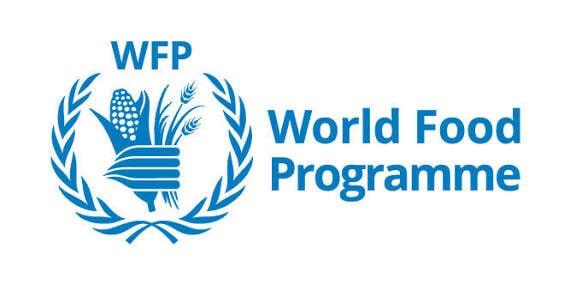The World Food Programme (WFP), African Development Bank (AfDB), and the International Food Policy Research Institute (IFPRI) have jointly called for urgent and coordinated action to address insecurity and deep-rooted structural challenges undermining livelihoods and food systems in Northern Nigeria.
In a new report titled “Investing in Innovative Food Systems Solutions in Challenging Contexts,” the three global institutions warned that peace and stability are essential for the region’s economic revival, as persistent insecurity, violent conflict, displacement, and banditry continue to cripple agricultural productivity and deepen dependence on humanitarian aid. The report was presented on the sidelines of the 31st Nigerian Economic Summit.
This is as former Central Bank Governor and Emir of Kano, Muhammadu Sanusi II, called on the federal government to consider closing Nigeria’s northern borders to commercial activities as part of efforts to stabilise the region and strengthen national food security.
According to the report, the northern region’s vast agricultural potential remains largely untapped because farmers have been driven off their lands, value chains disrupted, and food markets destabilised.
The organisations stressed that restoring stability is not only a humanitarian imperative but also an economic necessity to rebuild livelihoods and sustain food systems.
“Federal and state authorities, alongside international partners, must prioritise peacebuilding, dialogue, and long-term stabilisation to unlock Northern Nigeria’s agricultural promise,” the report stated.
The report also identified “pockets of stability” in the North that could serve as anchors for wider recovery, urging targeted investments in production, processing, storage, and transport infrastructure in such zones to catalyse growth and resilience.
“Stable areas must be seen as footholds for transformation that can reignite the region’s economy and deliver tangible benefits to vulnerable populations,” it noted, warning that neglecting these opportunities could lead to further decline.
On the humanitarian front, the WFP, AfDB, and IFPRI recommended that food assistance programmes be restructured to stimulate local production and strengthen value chains rather than merely providing short-term relief.
They advocated for early investments in storage and logistics, as well as tailored cash-based transfers linked to local commodities, to ensure that the benefits of aid stay within the region.
The report further highlighted the severe impact of climate shocks, including erratic rainfall, drought, and flooding, which have disrupted livelihoods and worsened food insecurity. It called for investment in climate-resilient crops, improved irrigation, and better storage and risk management systems to mitigate the effects of weather-related disruptions.
Structural challenges such as high input costs, poor infrastructure, post-harvest losses, and inefficient tax systems were also identified as key barriers to productivity. The institutions urged policymakers to implement reforms that lower production costs, encourage mechanisation, and attract private-sector participation to drive growth across the agricultural value chain.
They emphasised that transforming the region’s food systems will require large-scale, long-term investments supported by strong public–private partnerships and the involvement of institutions such as the AfDB.
Meanwhile, Emir Sanusi said leaving the Nigerian borders open would mean cutting off the profits of local producers, thereby increasing the non-performing loans of the banks who mostly lend to the manufacturers. He said opening of the borders ought to be a temporary measure to ensure food security while allowing it to be permanent constitutes a dangerous challenge to the nation’s economy.
Sanusi, who spoke in reaction to the report, said porous borders have become gateways for smuggling, insecurity, and economic sabotage. He argued that closure of the borders would help the government focus on reviving domestic agricultural production and protect local farmers from unfair competition.
“We cannot rebuild the North’s economy while our borders remain open to the influx of smuggled goods that undermine local production,” Sanusi stated. “Closing the borders to commercial imports, at least for a defined period, will help stabilise prices, secure the region, and encourage investment in local value chains.”
He stressed that any such move should be accompanied by strong monitoring mechanisms and robust support for local producers to ensure sustainability and prevent hardship for citizens.
As insecurity, climate shocks, and economic fragility continue to challenge livelihoods in Northern Nigeria, both the international report and Sanusi’s intervention underscore a shared message: without peace, structural reform, and decisive investment, the region’s agricultural promise—and its people’s prosperity—will remain out of reach.





